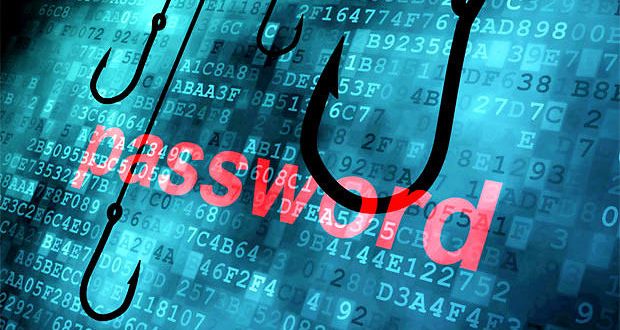The Ontario Provincial Police are warning of the dangers of viruses, worms and trogans as part of their Cyber Security Awareness Month campaign.
Phishing is any e-mail falsely claiming to be from an established legitimate organization such as a financial institution, business or government agency. The e-mail may request or direct the consumer to visit a certain website to update or provide personal and/or financial information and passwords. It is really a malicious attempt to collect customer information for the purpose of committing fraud. Ransomware produces what has been called a “Police Trojan” or “scareware” because a notice pops up that appears to come from a law enforcement agency. The message is a false accusation of illegal online activities and then demands that the consumer needs to pay a fee via money transfer or credit card to unlock the computer. When the victim submits their payment details, the criminals then steal and use the victim’s personal information.
The Canadian Anti-Fraud Centre (CAFC) received 5,179 ‘phishing‘ complaints in 2015, identified 1,704 people as victims who lost more than $508,000. In 2015, the CAFC received 295 complaints from Canadian consumers who received a ransomware pop‐up message. Of those, 135 victims were identified as having lost a total of more than $47,000.00 – roughly $348 per victim.
To recognize and avoid phishing:
- Protect your computer with anti-virus software, spyware filters, email filters and firewall programs.
- Contact the named financial institution immediately and report your suspicions.
- Do not reply to any email that requests your personal information.
- Look for misspelled words.
- Always report phishing or ‘spoofed’ emails.
Signs that you may have encountered ransomware:
- A pop‐up message or banner with a ransom request.
- A user cannot usually access anything on the computer beyond the screen.
- Sending money outside of the traditional or mainstream banking system.
- Sending money to “unlock” a computer.
Tips to protect yourself from ransomware:
- Never click on a pop-up that claims your computer has a virus.
- Update your anti-virus software often and scan your computer for viruses regularly.
- Don’t click on links or attachments in e-mails sent to you by someone you don’t know.
- Turn on your browser’s pop-up blocking feature.
- Never download anti-virus software from a pop-up or link sent to you in an e-mail.
Agencies/Canadajournal
 Canada Journal – News of the World Articles and videos to bring you the biggest Canadian news stories from across the country every day
Canada Journal – News of the World Articles and videos to bring you the biggest Canadian news stories from across the country every day



